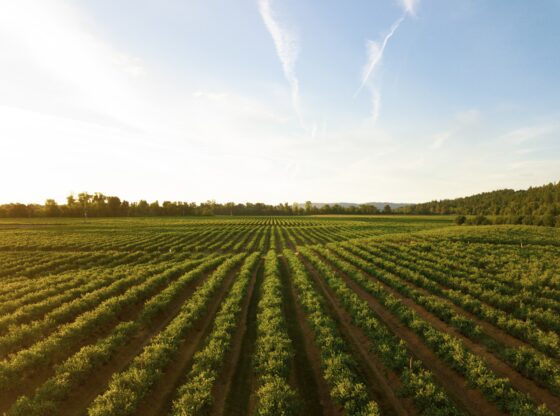You may already be familiar with agribusiness investments. Maybe you are just started doing some research, or you already have some investments in your portfolio. There are various benefits that can be derived from agribusiness investments. It is viewed as an alternative investment and it allows for diversification when adding it to stock market investments. Here is a brief introduction to agribusiness investment schemes so that you find out if it’s something worth considering.
What Exactly Is an Agribusiness Scheme?
Agribusiness covers the production and products of farming, forestry, plantation, crops and livestock. There are two main types:
- Forestry (such as agarwood or timberwood)
- Non-timber forestry (such as livestock, berries, or maple syrup)
A responsible entity, the company you would invest in, is held responsible to run and manage the agribusiness scheme on your behalf.
How Does an Agribusiness Scheme Work?
Usually, when investing in agribusiness, you hold the right to derive profits from the produce of the schemes. So when investing in agarwood, you would have a right to share the profits derived from the extracted oud oil from the agarwood plantation investment scheme. There is a fee that is often paid upfront and sometimes there are also annual fees. These fees pay for the maintenance and management of the scheme. Fees can also cover the costs of the advisers who are running and promoting the agribusiness scheme.
Returns can be paid by:
- A single lump sum (for example, getting paid for cut-down timber products from a sustainable forest scheme)
- In instalments after some years (such as getting paid multiple times from olives grown multiple times from an olive plantation)
Tax is usually payable on returns when they are received.
How Are Agribusiness Schemes Different Than Other Investments?
There are a number of ways how agribusiness schemes differ from other investments.
- Your investment may not entitle you to physical assets, such as plantation land or planted crops. If the company you invest in becomes insolvent, or the scheme fails before the promised crops or trees are sold, your investment could no longer hold any value.
- You may have to enter into legally binding contracts with the company and related service providers. Let’s say that you are investing in a coconut plantation scheme. You will sign a contract with the service providers purchasing the coconut trees, those that manage and maintain the plantations, and finally harvest the ripe coconuts. A power of attorney is usually provided by investors to enter contracts with the responsible company on their behalf.
- Long-term investments can sometimes take years in time to see returns. Some agribusiness schemes take up to 15 years or more, and it is sometimes harvest can be postponed.
- You have to be ready to be responsible for your investment until its maturity. You cannot usually on-sell or exit your investment in agribusiness. These schemes are not listed in any stock exchange markets.
Tax Benefits for Agribusiness Schemes
Many schemes advertise many tax benefits to investors. It is important to note that good investments should also have an adequate return, not just a good tax benefit. The tax benefits are often shown as a major advantage in investing in a given agribusiness scheme.
Sometimes, investors are persuaded to borrow money to then invest in an agribusiness scheme. The loan fees and interest can then sometimes be tax-deductible, but it is advised to consult with a professional when it comes to tax-deductibles.
Risks to Consider When Investing in Agribusiness Schemes
Agribusiness schemes are often considered as a long-term investment, so as pointed out previously, you can’t take out the return before a number of years. This could make a big difference to your consideration depending on your financial goals.
There can also be risks that can directly affect the product quality and quantity, such as weather, natural catastrophes, pests and diseases. In addition to production risks, there can be general investment risks associated with agribusiness schemes, such as a decrease in the market price in the final agriculture product.
All risks should always be considered when investing in any type of scheme. Do your research and consult with a financial advisor if you need a second opinion. Choosing a reputable company that has an honest history is often a good starting point.
Are you new to agribusiness schemes or want to find out more useful tips on how to invest in this sector? Read our Top Tips to Consider When Investing in Agribusiness feature to help you get on the right track.
Get our features directly in your e-mail inbox by subscribing to our newsletter here.





